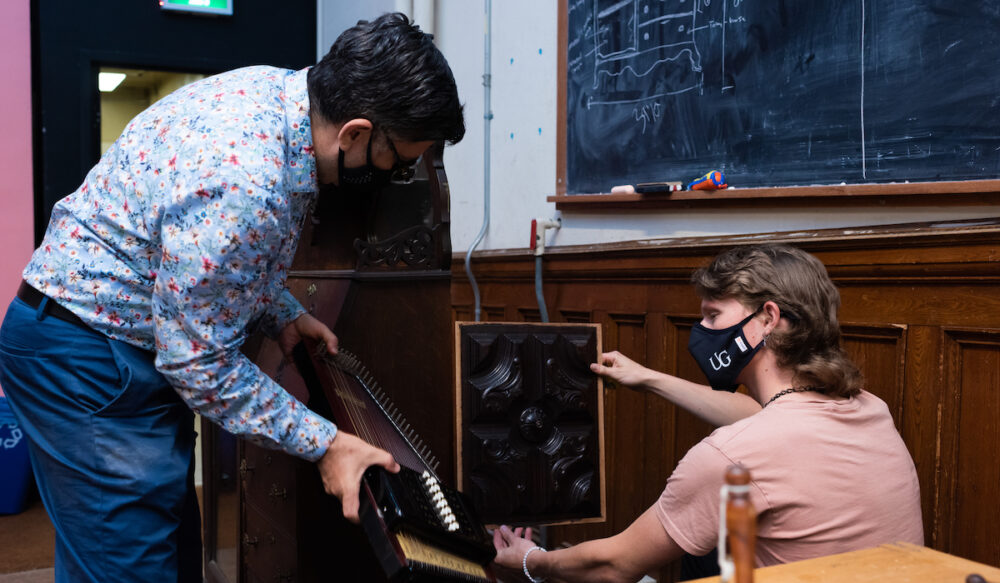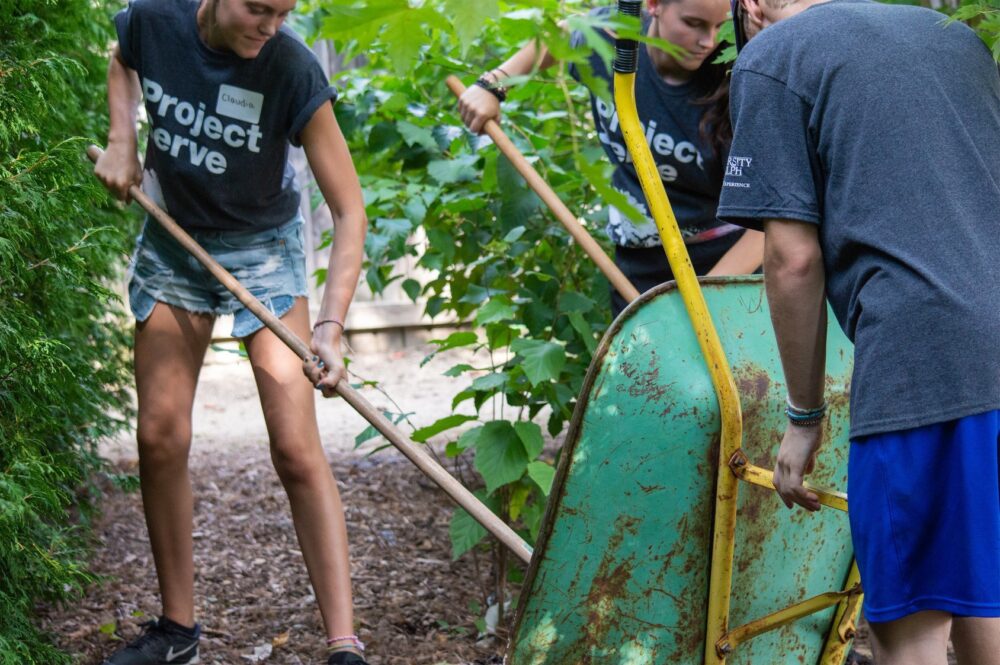University of Guelph students gain valuable skills and knowledge through their university experience, but they don’t always know how to pinpoint the learned attributes that will make them stand out in the workforce.
The University is launching the Professional and Career Development Record (PCDR), a new tool that enables students to develop a digital résumé including curricular and co-curricular experiences in one comprehensive record easily shared with prospective employers.
“Many graduates face the challenge of looking for entry-level jobs that require two to three years of experience,” said Elaine Fenner, director of Experiential Learning.
The PCDR is provided through the Experiential Learning Hub and is available to undergraduate and graduate students registered at the main U of G campus.
“By recording the experiential learning, career and professional development activities in one place, graduates will have a better understanding of the amount of experience already gained and their transferrable skills,” Fenner said.
Thought to be one of the first of its kind for a Canadian university, the PCDR can be used by students to apply for jobs or graduate school.
Fenner said it will assist students and graduates recognize the skills, knowledge and attitudes they have developed, helping them build a strong narrative for their employment and networking conversations and interview preparation.

Helps Students Identify Potential Transferable Skills
“We know that students struggle to make connections between their range of experiences at university and what they will be doing after their degree,” said Daniel Poulin, manager of experiential learning development and recognition at U of G.
By bringing together student experiences and using common employability language to label the skills and abilities gained, the PCDR helps students to identify their learnings and potential transferable skills, he said.
“We are trying to ease that translation gap that seems to exist for students going out into the workforce.
“This new tool helps students articulate their experience so that their applications are better and easier to understand for employers. The PCDR gives students the tools to advocate for themselves and articulate their own skills.”
Students can log into ExperienceGuelph.ca and see the PCDR as a tab on their dashboard. As of now, students who have completed a designated experiential learning course will see those courses on the site. Co-curricular activities are currently being added. As many as 20 co-curricular programs and activities will be eligible for recognition in the first year.

Building an Experiential Learning Catalogue
U of G has a long history of providing experiential learning opportunities to students through certain courses and through a wide range of co-curricular offerings on and off campus. Experiential learning courses can include internships, field courses, co-ops, thesis courses and capstones projects, all involving practical experience in a real-world context.
“While working on the development of the PCDR, it became obvious that students at the University of Guelph have a wide array of choices for curricular, co-curricular, career and professional development experiences, with social justice themes and leadership development woven into many of these opportunities,” Fenner said.
The University continues to build its experiential learning catalogue, allowing students to search and select experiences that develop skills, that interest them and that further their career or education interests.
“From co-operative education work terms to flexible internships, course-based experiential learning and co-curricular experiences, U of G students can actively participate in career exploration, create and follow a career development journey suited to their goals,” Fenner said. “By participating in building their record, students engage in thoughtful and intentional career development that can support them in employment conversations and interviews with potential employers.”
Completed activities that meet specific quality standards and are validated by U of G faculty or staff can be placed by students into the PCDR categories such as transferable knowledge, skills and attitude development. Their record can then be exported to websites like LinkedIn or shared through a URL by email with employers.
“The PCDR will allow students to be better able to recognize their strengths and transferable skills, building their confidence and helping them see the connection between their experiences and their future path,” said Poulin.
Contact:
Daniel Poulin
dpoulin@uoguelph.ca